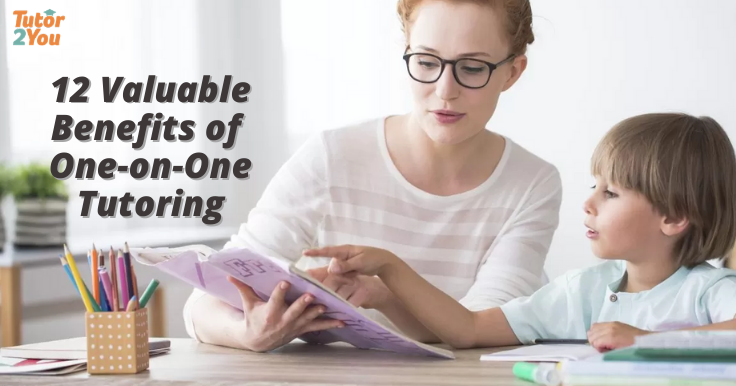parents guide: choosing the right private tutor for your child
Hiring a tutor has many advantages for your child. However, how do you choose the right kind of tutoring for your child? What are their specific needs?
You could try a SWOT analysis, a technique used to evaluate a business and business partners. The SWOT analysis will pinpoint strengths, weaknesses, opportunities and threats to your child’s progress. Everyone has some of each of these qualities in their lives. You will want to build on weaknesses and use opportunities and strengths to eliminate threats to their schooling and class performance.
Here are some guidelines to consider once you have established what it is your child needs to get from hiring a tutor.
1. Establish, through liaising with your child’s teacher, what kind of tuition your child needs. Meet with the teacher and discuss the needs of your child in conjunction with your SWOT analysis if you chose to do one.
2. Ask around and get references from other parents. A word-of-mouth referral is always a great help.
3. Check on the tutor’s experience and qualifications. Going through an established organisation will ensure the credibility of the tutors. The tutor’s expertise in the subject your child needs help with is an important factor to consider.
4. Decide on the style of tutoring and opt for online tutoring or person to person tutor style. Online tutoring happens anywhere with the security of your laptop. Personal tutoring may require travelling to the tutor or to an agency where tutoring is offered. Tutors at an agency have already been checked for their credibility and their experience. The agency will match you with the right tutor for your child’s needs.
5. Find out what kind of feedback the tutor gives you. There needs to be communication and accountability. How will the tutor let you know about your child’s progress? Does the tutor exhibit a knowledge of the subject matter they are offering, and do they have empathy with a child who is struggling?
6. Make sure the tutor suits your child’s learning problems and their temperament. How the tutor handles the children is a factor to consider. Younger children will need a tutor who is familiar with the age range they are able to tutor. You are within your rights to try the tutor out to see if they are a match with your child’s age and needs.
7. Find out if the tutor is familiar with the curriculum offered in your schools. Your tutor needs to be able to fill in particular gaps your child may have in their learning processing. If your child was ill for example and missed a particular section of maths tuition, then you will be wanting a specific area of learning to be tutored.
8. Consider the logistics of how to get to the tuition. Extra tuition offered through the school may be an advantage but staying at school for extra time may make the day a long day for your child. A change of environment and tutoring can be refreshing and stimulating for your child. Check the hours and if you are available to factor in tutoring to your schedule.
9. Have a goal in mind. There is no sense in just wanting extra lessons because you feel that is the way to improve your child’s grades. Meet with your child’s teacher and look for the specific needs your child has. Address those needs via the experienced tutor or tutoring centre.
10. Have expectations that are reasonable and go back to the SWOT analysis. Will the tutoring bring about the changes you are hoping for in the best interest of your child? Tutoring should be about improving skills and equipping your child with the tools to tackle the problems they may be facing at school.
The final point to consider when choosing a tutor comes from Vince Gowman. He wrote an inspiring book called ‘Let the Fire Burn.’ to help adults bring out the best in their children.
Gowman wrote:
“You cannot make people learn. You can only provide the right conditions for learning to happen.”
Use the ten points provided to help and guide you to provide the right conditions and the right tutor for learning to happen for your child.
Related Posts:



